When you say too much about anything important, it always ends up sounding more trivial than it is. Words trash it
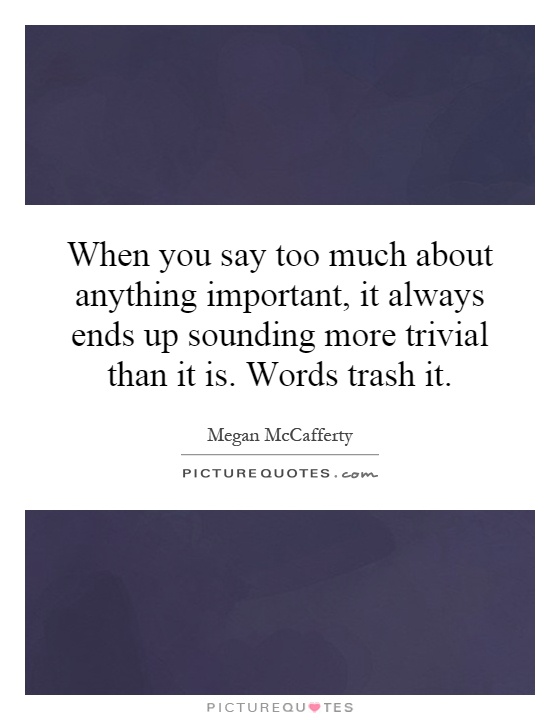
When you say too much about anything important, it always ends up sounding more trivial than it is. Words trash it
Megan McCafferty is a renowned author known for her witty and insightful writing style. She has a way of capturing the essence of human emotions and relationships in a way that is both relatable and thought-provoking. However, even someone as talented as McCafferty can fall victim to the trap of saying too much about something important.In her novels, McCafferty often delves into complex themes such as love, friendship, and self-discovery. She has a knack for exploring the intricacies of these topics with nuance and depth, drawing readers in with her vivid descriptions and sharp dialogue. However, there is a fine line between exploring a theme in depth and over-explaining it to the point where it loses its impact.
When an author says too much about something important, it can detract from the power of the message they are trying to convey. Words have the power to elevate a story and bring it to life, but they can also dilute its meaning if used carelessly. This is especially true when it comes to themes that are inherently complex or emotionally charged.
McCafferty's writing is known for its sharp wit and incisive commentary on modern life, but even she is not immune to the pitfalls of saying too much. In her efforts to fully explore a theme or idea, she may inadvertently end up trivializing it by over-explaining or belaboring the point. This can leave readers feeling disconnected or disengaged from the story, as the emotional impact is lost in a sea of words.




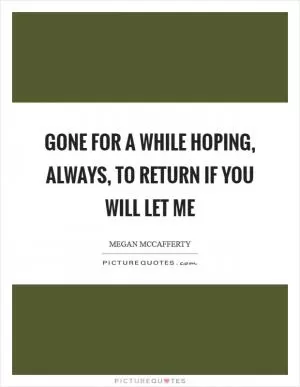
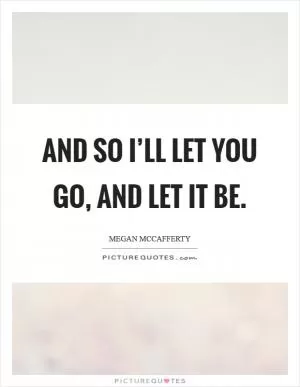
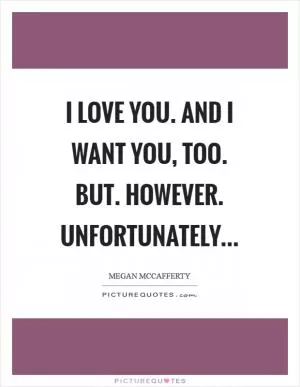

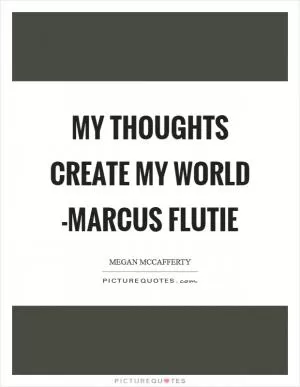
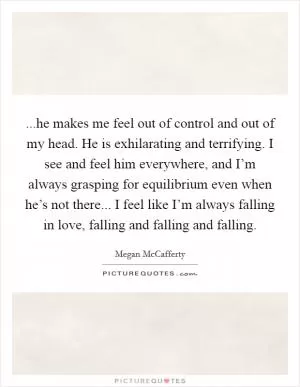
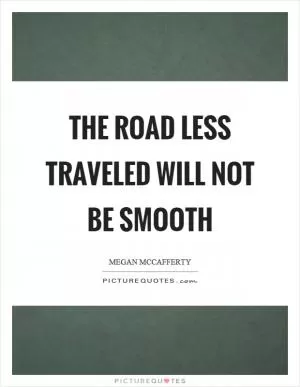
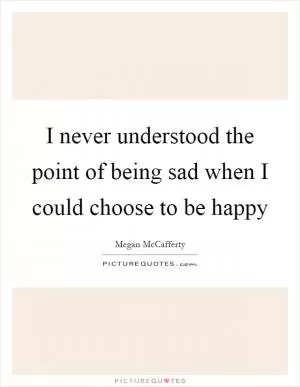
 Friendship Quotes
Friendship Quotes Love Quotes
Love Quotes Life Quotes
Life Quotes Funny Quotes
Funny Quotes Motivational Quotes
Motivational Quotes Inspirational Quotes
Inspirational Quotes